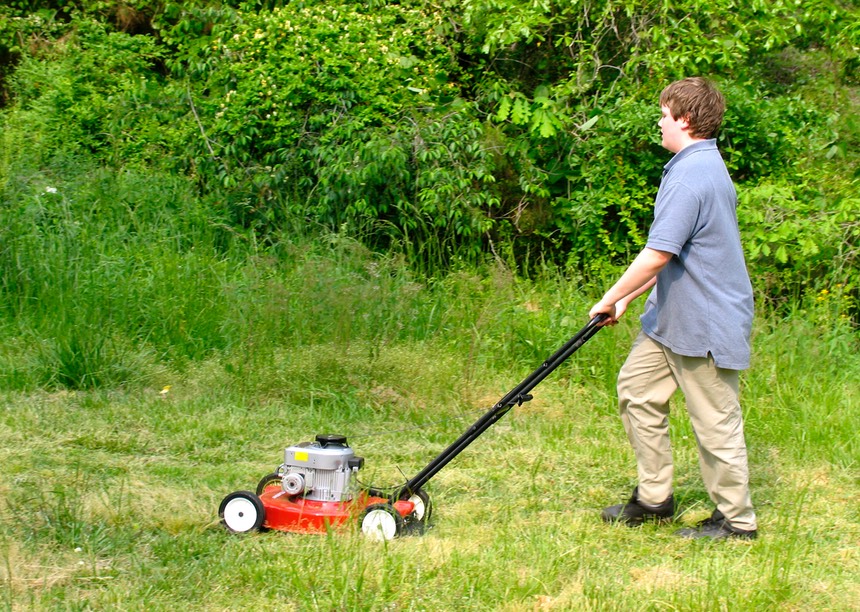Too many toys, too many clothes, too many activities, too much stimulation, too many choices, too much of anything can slow a child’s growth. Too many things can signal throw it away and get a new one instead of learn to take care of it. Too many activities can convince the child he is the center of the universe and other people exist to provide that attention for him. Dad is proud to be able to provide what his son wants and often puts Andy’s wishes first. Andy, age 10, wants a better bike and he wants it now! It doesn’t matter that the family needs to save for a new car.

But, it’s not only about things that cost money.
Since overindulging is giving children so much of anything that it interferes with their development, too much attention can be as stifling as too many things. Andy’s mom wants Andy to be happy so she protects him from frustration. Coddling is caring and nurturing, yes, but it is over-nurturing. Clear, unconditional love lets a child not only feel loved but also become competent. The child who is wrapped in smother love has small chance of becoming competent. I’ll do that for you, can come from a good heart, but if the child doesn’t learn to do for himself, the negative outcome for the child doesn’t match the adult’s good intent. Andy can’t see any reason to contribute some of his money toward the bike. He hasn’t needed to learn that life is a do-it-yourself kit.

Beside too many things and smother love, there is a third form of overindulgence.
It is called soft structure. Being overly permissive, over-protective, lacking or not enforcing clear rules, and not teaching children to do chores are all signs of soft structure. Andy’s parents both work and they are too tired to enforce rules or teach him to do chores. It is much faster if they do things themselves. Children need the security of knowing that a parent will keep them safe and will not let them do things that are hurtful to themselves or others. In the research studies reported in the book How Much Is Too Much? adults who had been overindulged as children described their deep resentment at not having had to do childhood chores. Why? Because there are so many life skills one learns doing chores and as adults they feel lost without some of those skills. The household rule is that toys are to be put in the garage at the end of playtime. Andy left his bike outside (he was busy playing) and didn’t notice it was raining (he was playing a video game), and his bike is a mess (not his fault that it rained) so he wants a new one NOW.
Poor Andy. If he gets the new bike NOW, double poor Andy. And poor parents. Where shall they start? Better to start in one place. Could be with cutting back on the spending and insisting that Andy learn to take care of his things. Or they could start by making sure that Andy experiences the consequences of his behavior. If Mom is a dedicated over-nurturer, maybe she should get a puppy to coddle. Or they could start enforcing some rules or insisting on some chores. Will Andy resist? Probably. But, in the long run, they will all be better off, and as an adult, Andy will most likely be appreciative of them.
Tips for avoiding overindulgence:
- Insist that your child learn to care for her belongings and to respect other people’s property.
- Be sure your child’s day includes enough free time (away from the tube) for him to learn to entertain himself.
- Be sure to allow your child to do what she is old enough to do for herself most of the time.
- Have some clear rules and insist that children follow them.
- Make sure that children do some household chores that benefit the whole family.
There is more help about avoiding overindulgence in How Much is Too Much? Raising Likeable, Responsible, Respectful Children – From Toddlers To Teens – In An Age of Overindulgence (2014, DaCapo Press Lifelong Books).
All photos from MorgueFile free photo.


